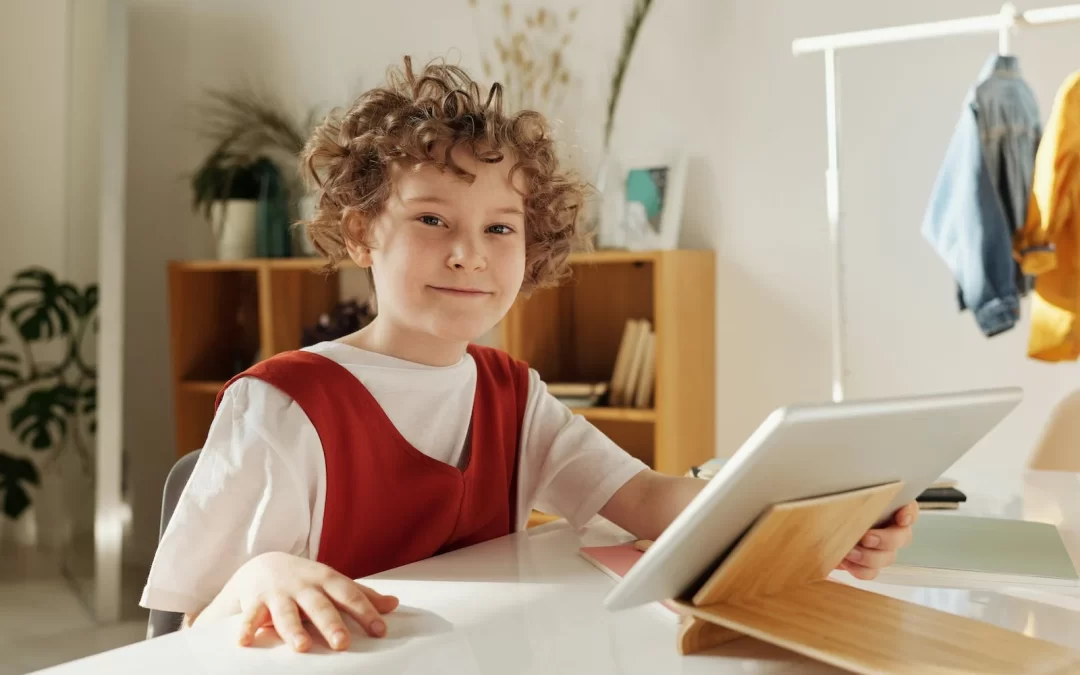The Impact of Screen Time on Literacy Skills and How to Balance It with Reading
With the use of digital devices being so widespread, it can be hard for parents to know how much screen time their children should have and how that might impact their literacy skills. Studies have shown a correlation between increased screen time and decreased literacy skills, but there’s also a school of thought suggesting that the right kind of screen time can actually help improve these skills. Let’s take a look at the impact of screen time and how to balance it with reading.
The Impact of Screen Time on Literacy Skills
There are two distinct views on this issue—some researchers argue that too much screen time can be detrimental to a child’s literacy development, while others suggest that if used correctly, technology can actually help develop these skills.
A study conducted by the American Academy of Pediatrics found that children who spent more than two hours a day in front of screens had lower scores in reading assessments compared to those who had less than two hours. However, other research has suggested that when used in moderation, technology can actually be beneficial for developing literacy skills. For example, using educational apps or playing word games on tablets can help kids learn new words and increase their vocabulary. It’s important to remember, though, for young children, digital activities should be balanced with traditional reading as well.
How to Balance Screen Time with Reading
The key word here is balance—while some screen time is fine for kids (and in some instances even encouraged!), it shouldn’t replace traditional reading and developing a love for books.
Here are some tips for balancing both activities:
- Set boundaries – Establish rules around when and where your child can use their devices and make sure they stick to them! This will prevent them from overusing screens and will encourage them to find other ways to entertain themselves, such as reading books or playing outside.
- Encourage conversation – Talk with your kids about what they’re watching or playing on the computer so you can better understand what kind of content they are consuming. This will also give you an opportunity to discuss any messages presented in the media, which could lead to conversations about values or ethics.
- Provide alternatives – Instead of just saying “no” when your kid wants more screen time, provide them with other activities like puzzles or board games, which require more focus than just mindlessly scrolling through social media feeds.
- Create dedicated reading times – Set aside specific times during the day for your child(ren) to read books either by themselves or together as a family. This will help them develop a love for reading that will hopefully extend beyond childhood!
- Model good behaviour – Show your children how important it is for you (as an adult) to limit screen time by doing so yourself! Put down your phone during dinner or turn off the TV after dinner so you can spend quality family time together without any distractions from electronics.
Overall, technology has both its benefits and drawbacks when it comes to developing literacy skills in children, and there’s no doubt we are living in a world that requires children to develop digital skills. However, there’s also no denying that too much screen time can lead to decreased levels of literacy development in some children who may become totally screen dependent. By setting boundaries around when and where your child(ren) can use their devices, as well as providing alternatives like puzzles and board games instead, you will ensure they get some screen-time without compromising their learning potential too much! And of course, if you’re looking for a way to encourage children to love books and reading, finding themselves the centre of the story as a character in one of our many personalised books is always a great place to start!












